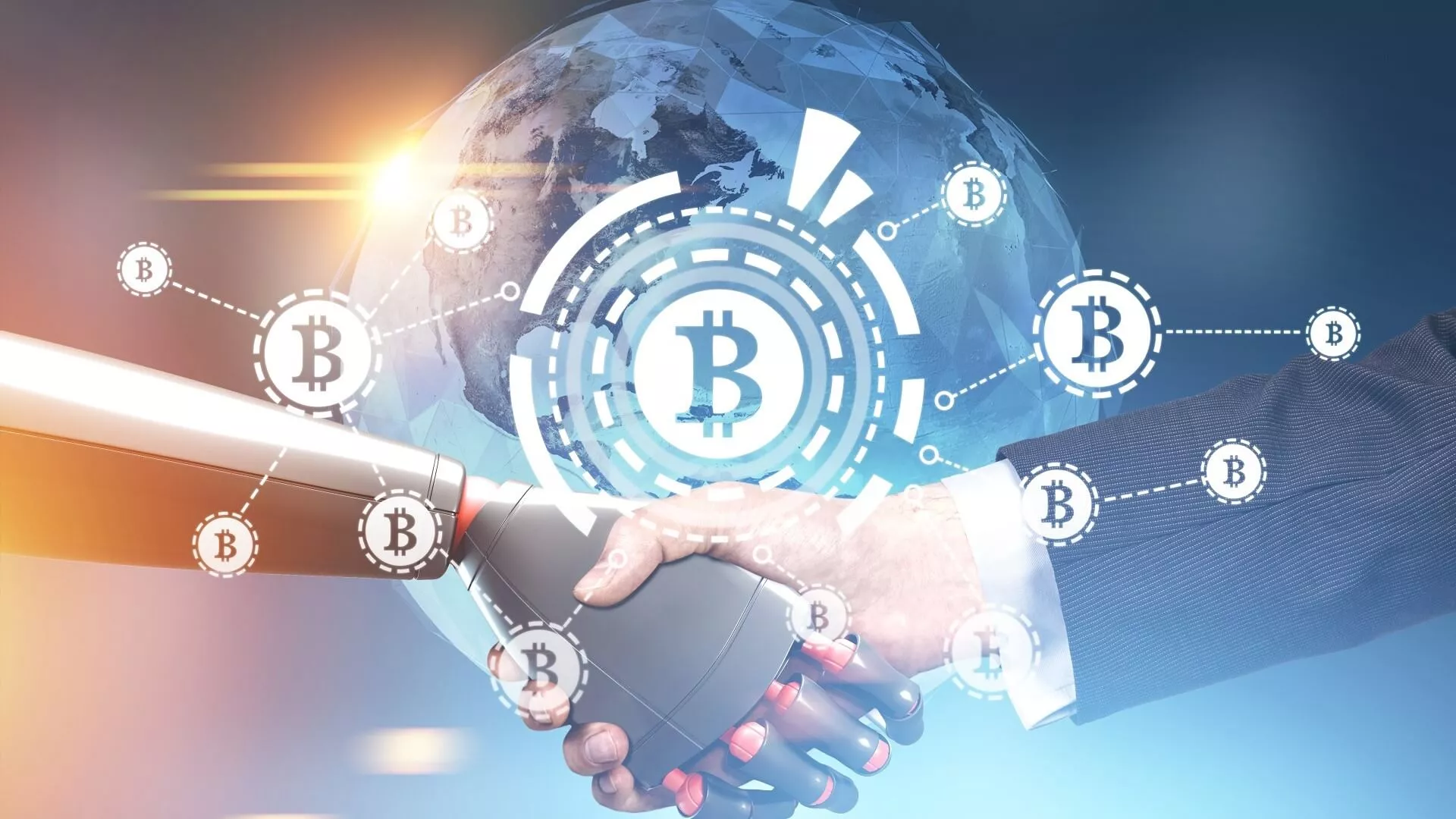The Metaverse Revolution – How Blockchain Technology is Transforming Virtual Worlds
Step into the metaverse, a digital universe where virtual reality, blockchain technology, and social interactions converge. This revolutionary concept is poised to reshape how we experience and interact with virtual worlds. In this blog post, we’ll explore the metaverse revolution and how blockchain technology is pivotal in transforming the landscape of digital realms.

Defining the Metaverse and its Potential
The metaverse represents a collective virtual space where users can interact with a computer-generated environment and other participants in real-time. It offers seamless integration of augmented reality (AR), virtual reality (VR), and mixed reality (MR), blurring the boundaries between the physical and digital realms. With blockchain as a foundational technology, the metaverse has the potential to revolutionize entertainment, gaming, commerce, and social experiences.
Decentralization and Ownership in the Metaverse
Blockchain technology brings decentralization and ownership to the forefront of the metaverse. Through blockchain-based platforms, users can own unique digital assets, known as non-fungible tokens (NFTs), representing virtual land, virtual goods, avatars, and more. These NFTs provide true ownership, provable scarcity and enable users to trade, sell, and monetize their virtual assets securely.
Interoperability and Seamless Experiences
Blockchain technology facilitates interoperability within the metaverse, enabling users to seamlessly transfer assets and identities across different virtual worlds and platforms. Through open standards and protocols, users can navigate between metaverse experiences, taking their virtual possessions and identities with them. This interoperability fosters a vibrant and interconnected metaverse ecosystem.
User-Driven Economies and Tokenization
Blockchain-powered metaverses give rise to user-driven economies, where virtual assets hold real-world value. By tokenizing in-game items, virtual land, and other digital assets, users can engage in economic activities, such as buying, selling, and trading, within the metaverse. This opens up avenues for entrepreneurship, creativity, and new business models, as users can generate income through their virtual endeavors.
Socialization and Shared Experiences
In the metaverse, social interactions and shared experiences take center stage. Blockchain technology enhances these aspects by introducing trust, verifiability, and ownership to virtual interactions. Users can engage in virtual events, collaborate on projects, and create shared spaces where ideas, art, and culture thrive. The metaverse becomes a dynamic social fabric where communities gather and forge meaningful connections.
Final Thoughts
The metaverse revolution, fueled by the integration of blockchain technology and virtual worlds, promises a paradigm shift in how we engage with digital experiences.
With decentralization, true ownership, interoperability, user-driven economies, and socialization, the metaverse opens up a world of possibilities for entertainment, commerce, and social interactions.
As blockchain technology advances and the metaverse evolves, we stand on the cusp of a transformative era where the boundaries between the real and virtual fade away, ushering in a new dimension of digital engagement.

As a writer, Ruben is an advocate of blockchain technology and cryptocurrency in general. He writes about all things from cryptography to economics, with a focus on how it applies to cryptocurrencies. He is also passionate about writing about topics such as decentralization, open-sourced software development, and copyright law.


